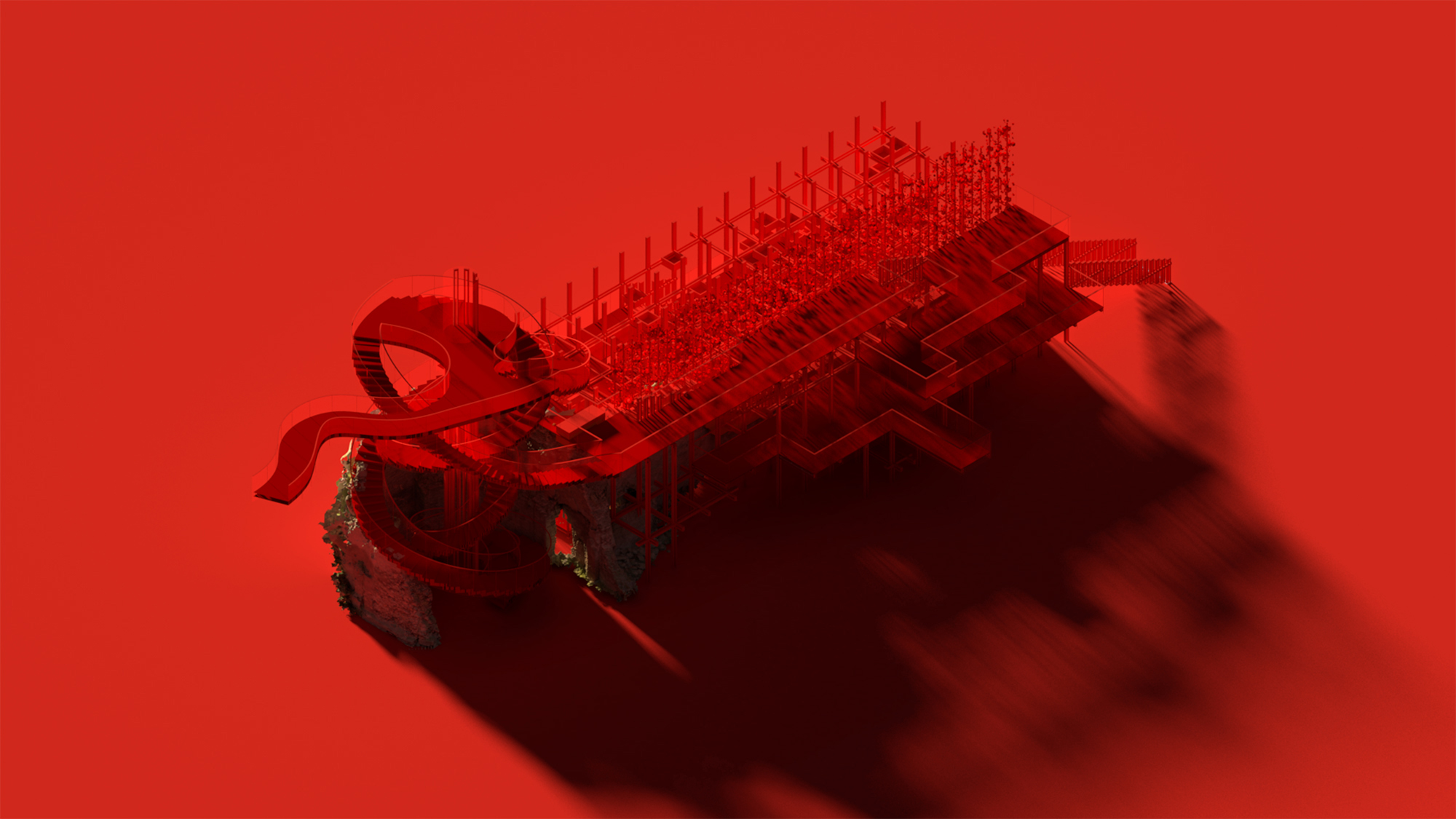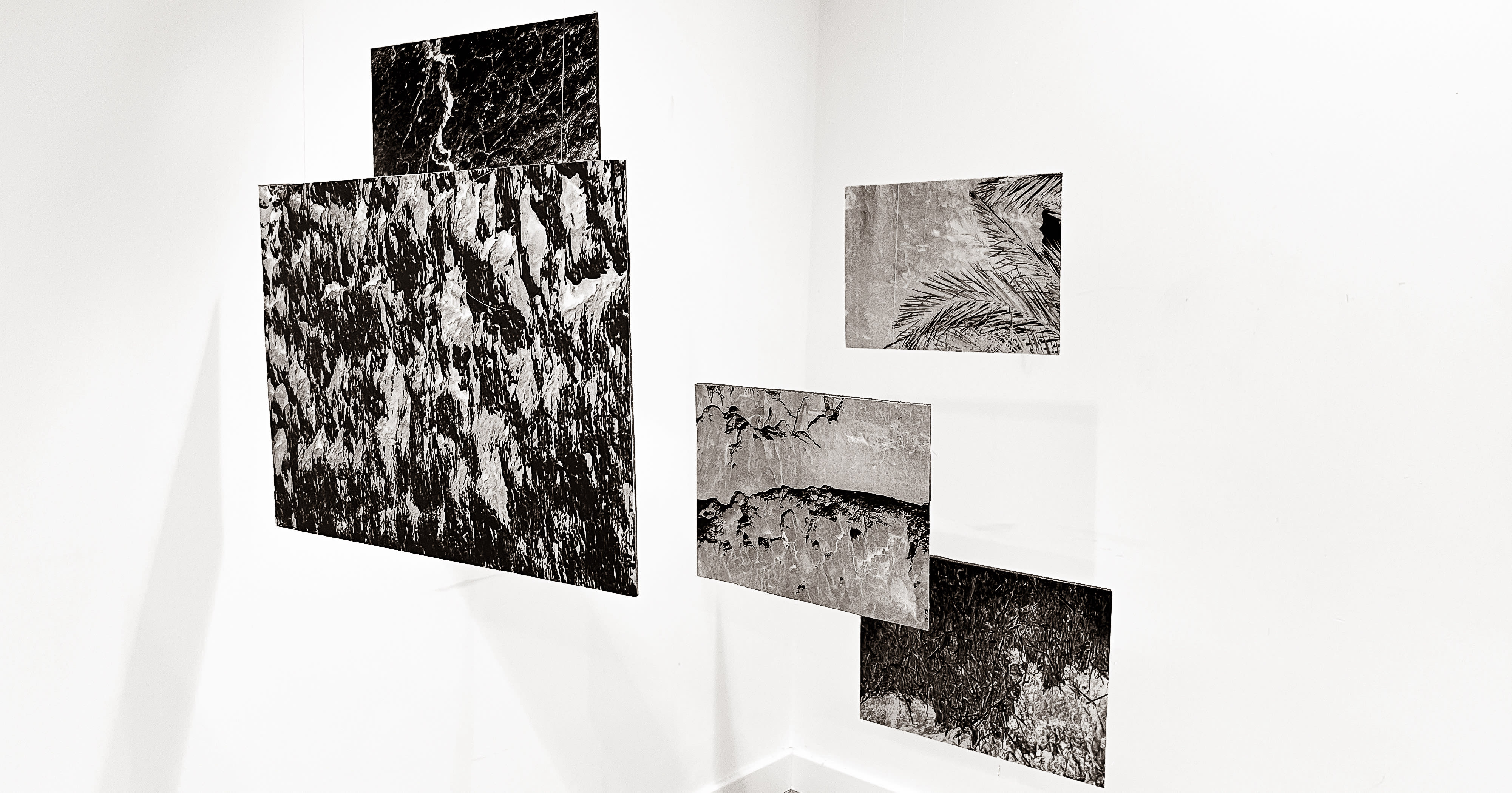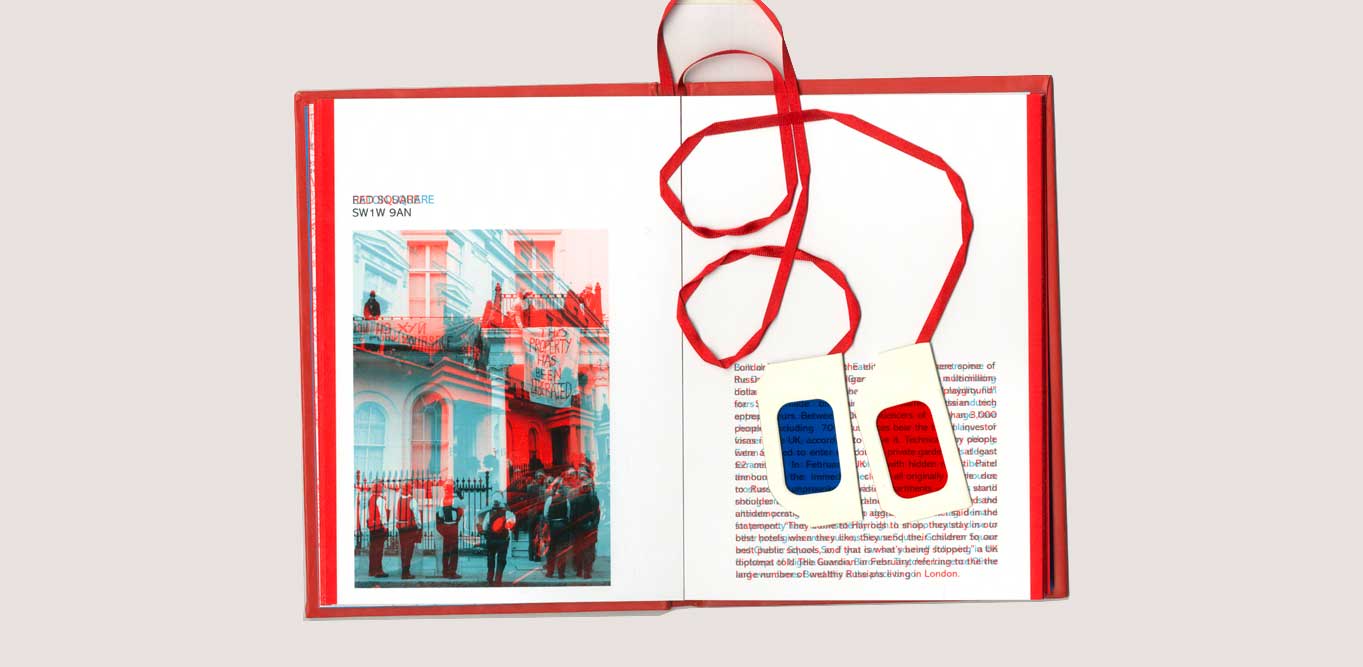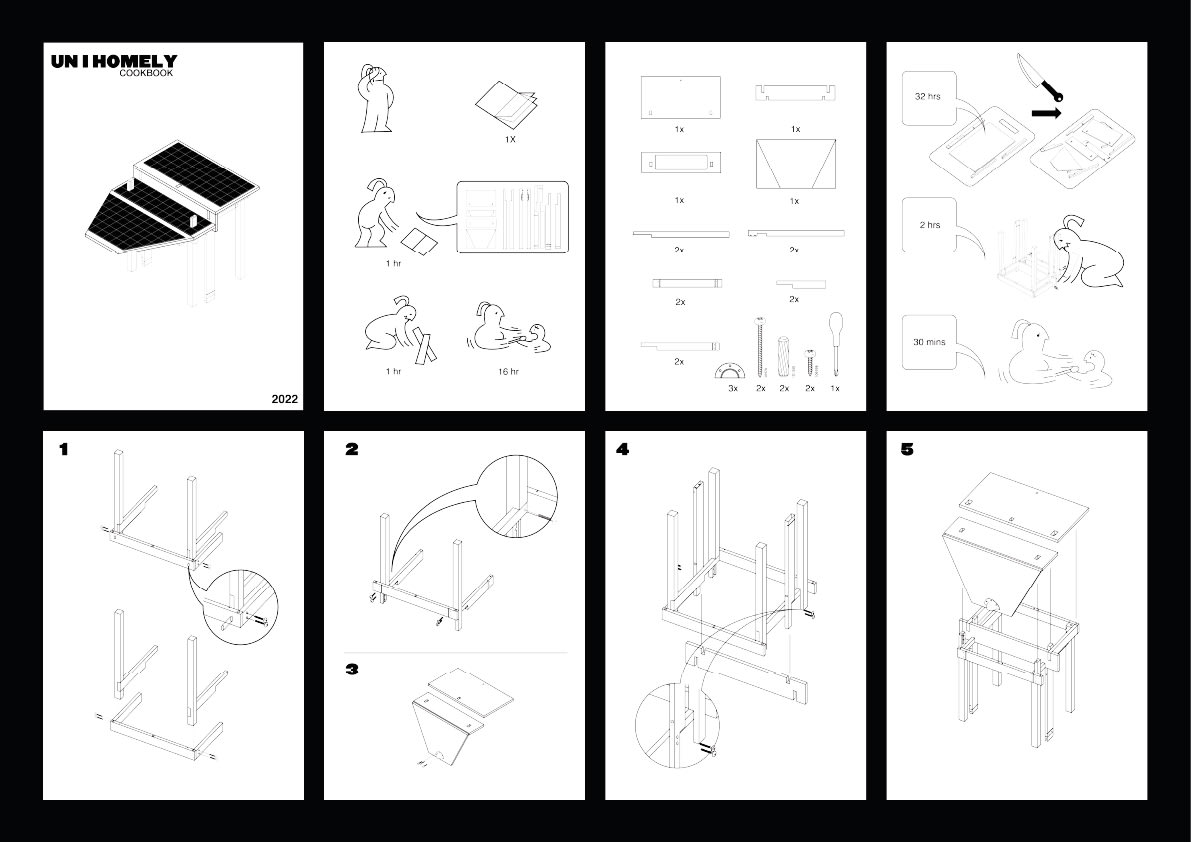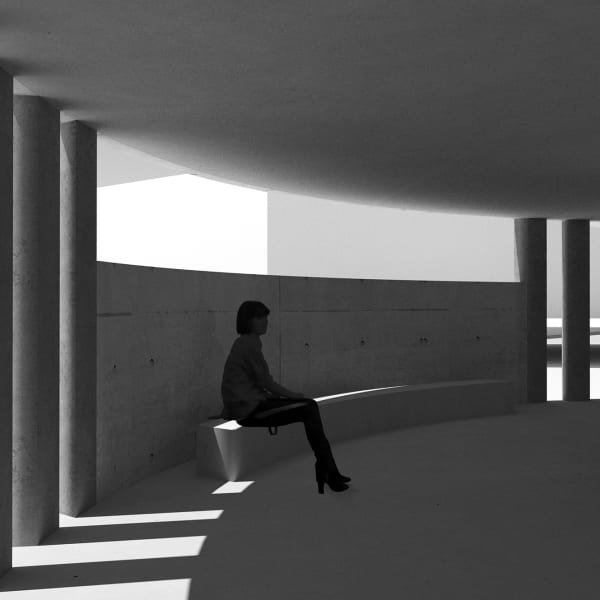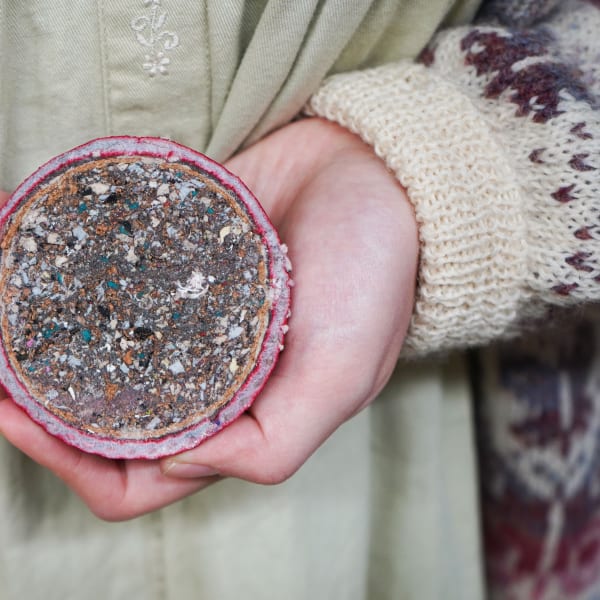Course units
Unit 1: Discover and define
This unit offers an introduction to your course, the College and the University. First, you’ll present your current portfolio of work, sharing and exchanging ideas and techniques with your peers.
A series of short exercises will help you define your research interests. You’ll explore physical spaces, undertaking observational and spatial investigation. This will provide a basis for your research-led proposal. We also run activities looking at specific ways of exploring environments.
You'll learn new methods, design processes and approaches of teaching and learning. These will include the complexity of elements and global contexts that inform any project. You'll have an introduction to a broad set of socio-economic and political realities. You'll also look at climate, social and racial justice issues that pervade the occupation and design of the built environment.
Unit 2: Define and develop
You'll position your creative practice within broader social and professional contexts. Through experimentation, you'll start to focus and refine your research-led proposal. You'll produce practice-based developmental work to add to your portfolio. Alongside this you'll work on a written paper that covers the work you’ve completed during unit 1 and 2.
Unit 3: Develop and deliver
You'll take steps toward resolving and presenting your research and proposal developments through your practice. The aim is to communicate the work you have undertaken in a format that is appropriate to the nature of your project.
You’ll show how your practice has developed and evolved throughout the course. You'll highlight how it relates to key contextual and theoretical perspectives. You'll communicate its global and regional context. You'll demonstrate how climate, social and racial issues have been addressed.
The unit concludes with the submission of your portfolio and written research work. Past projects have included online or physical exhibitions with drawings, models, installations, video work and performance.
Note: 120 Credits must be passed before the final unit is undertaken.
